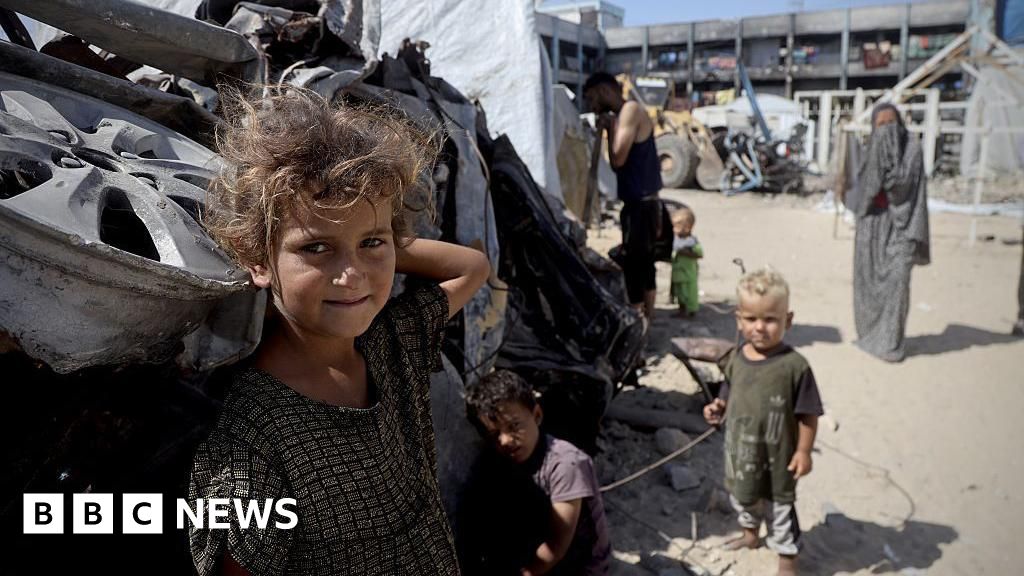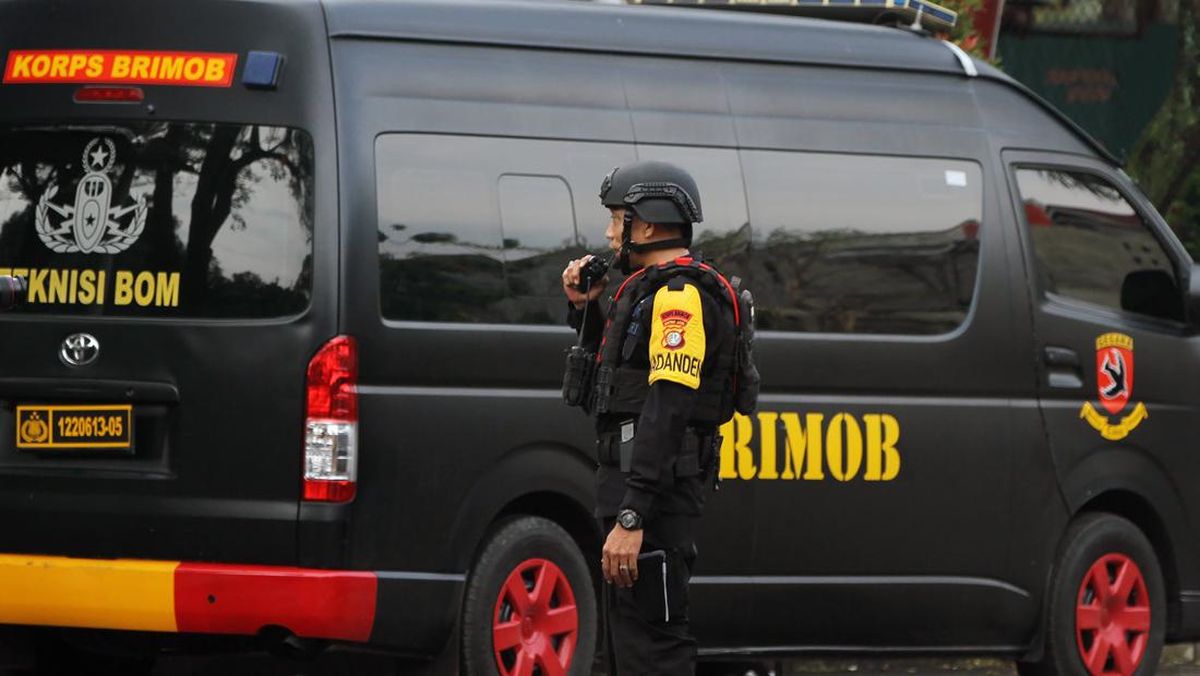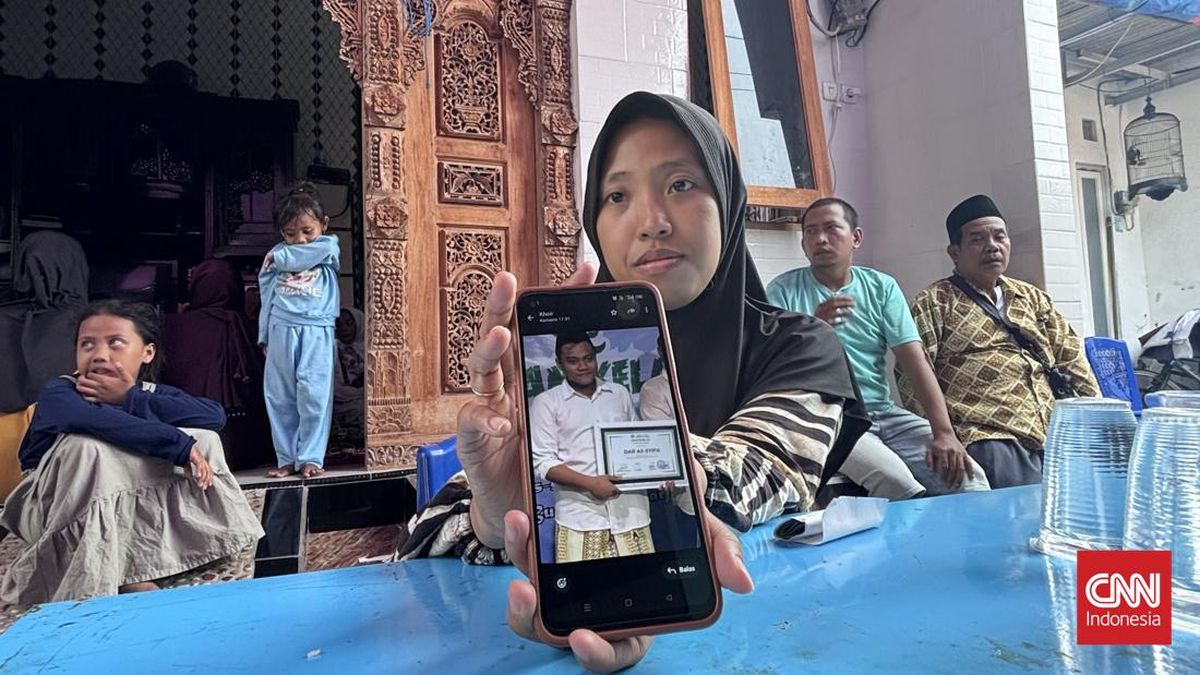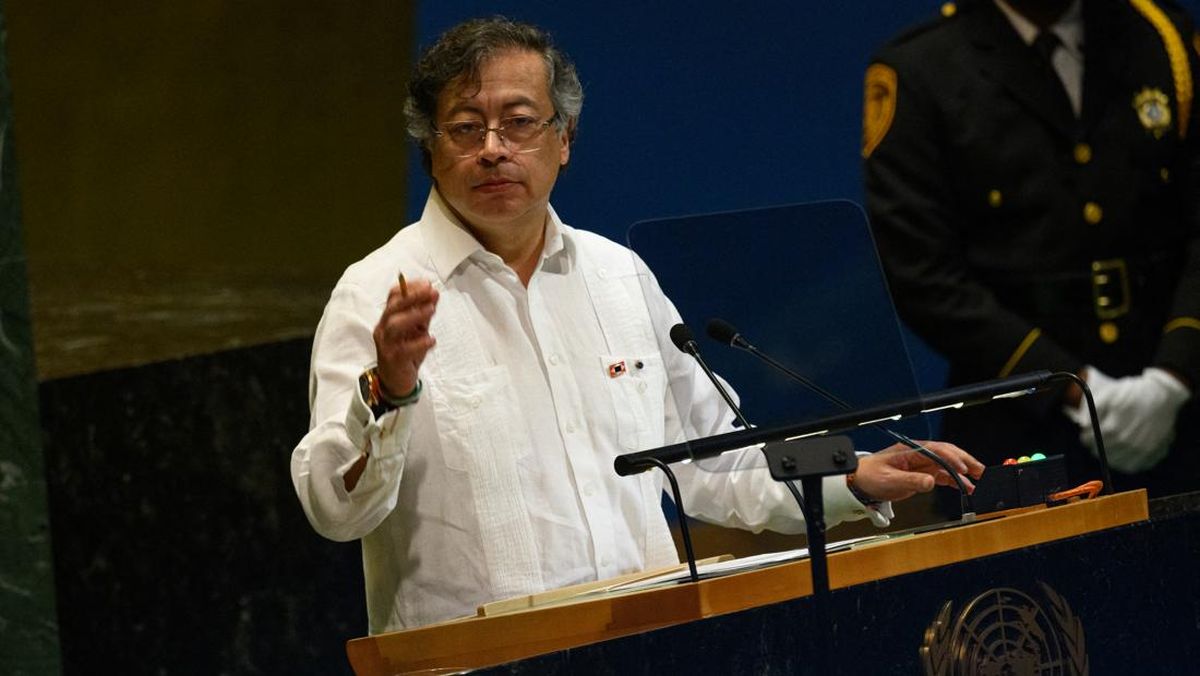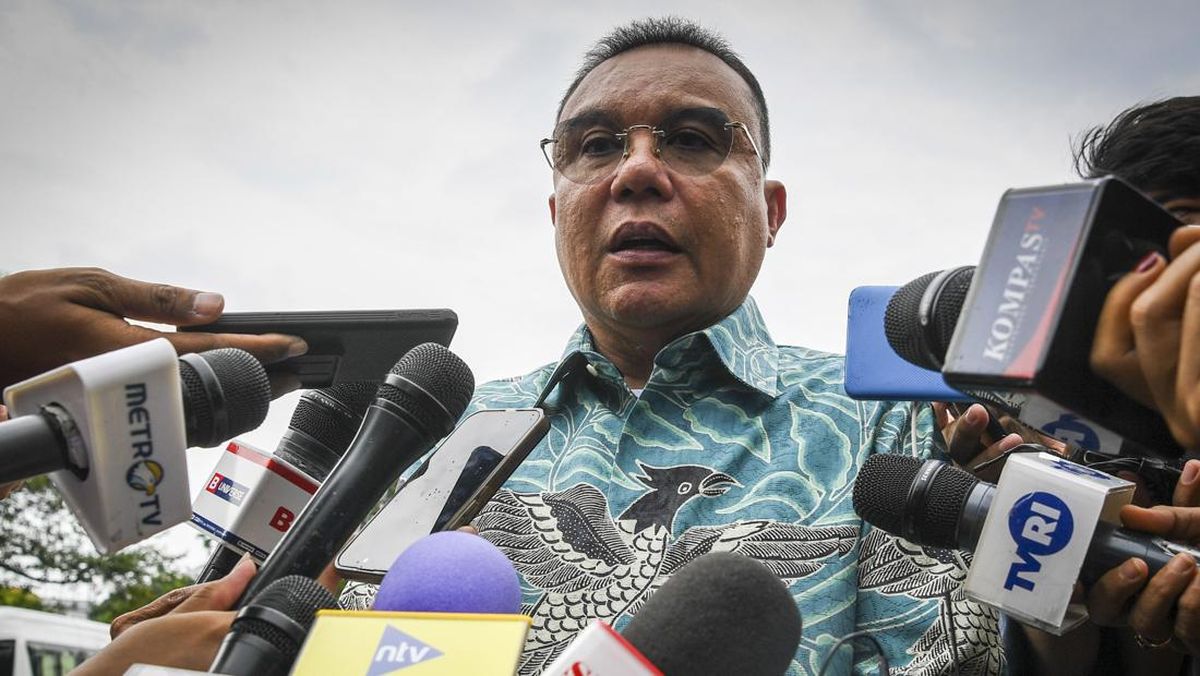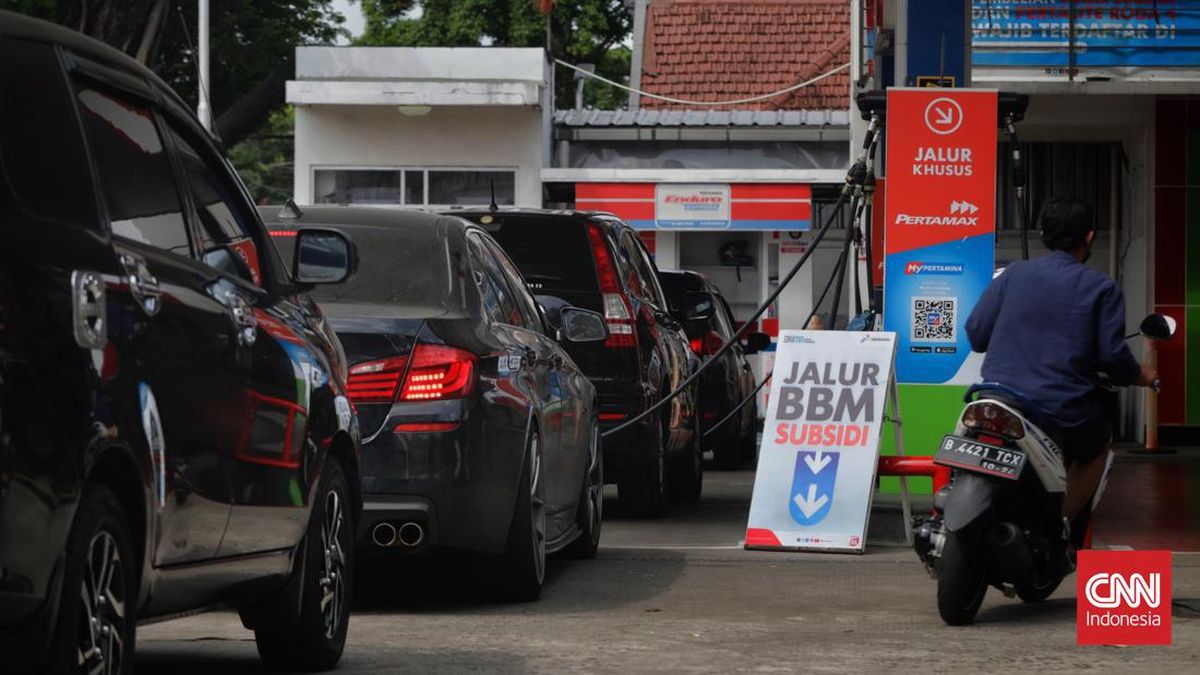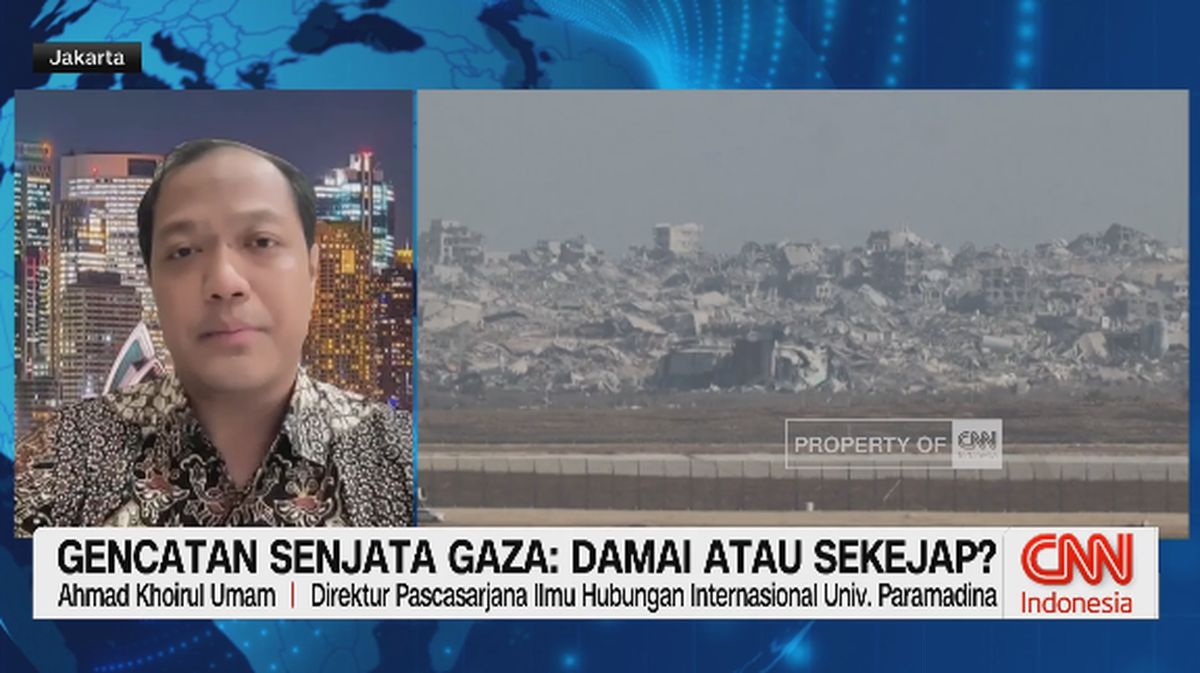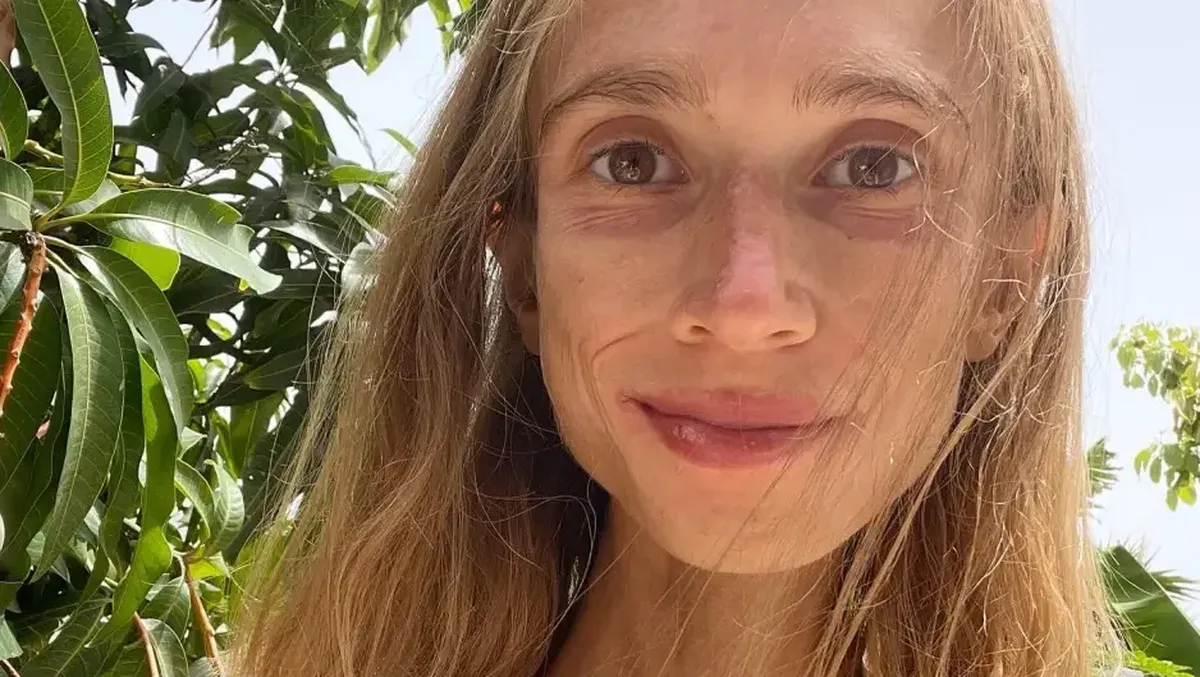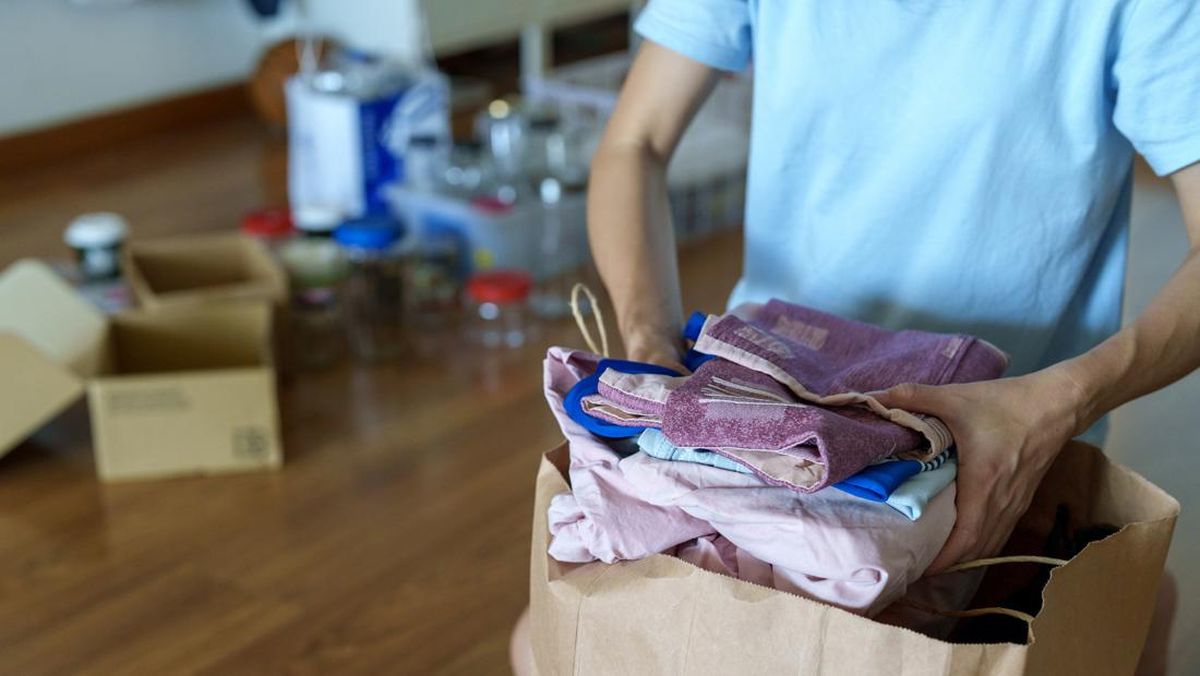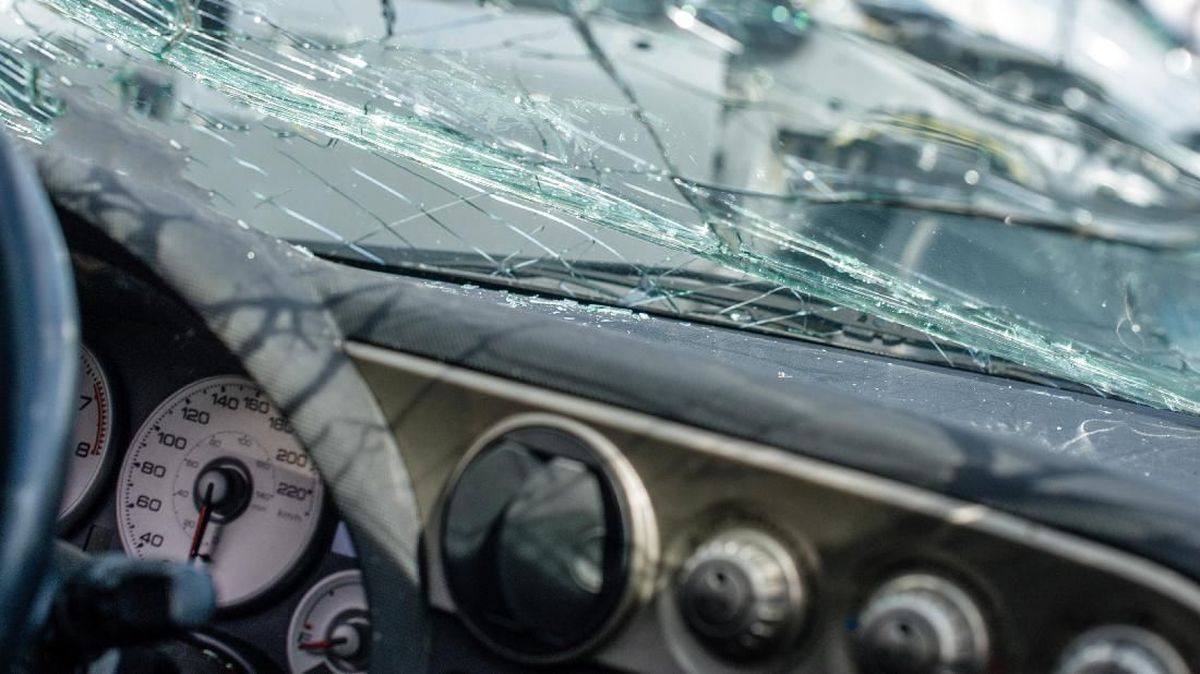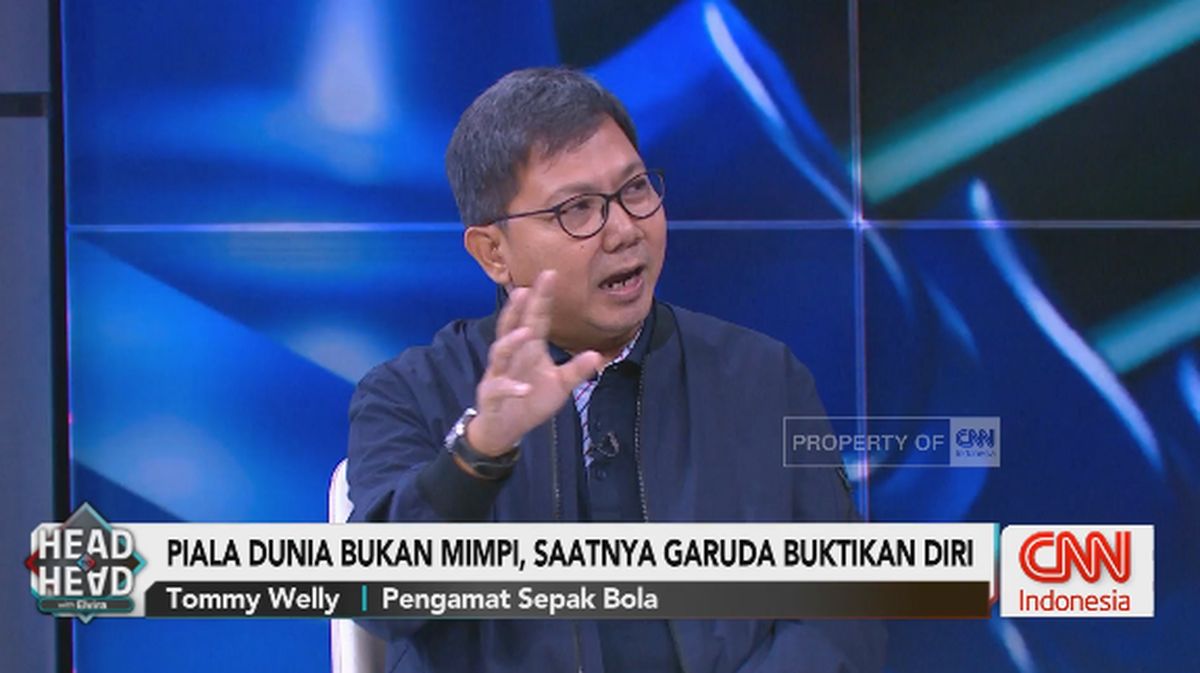The decision of the Court of Appeal to ban the proposed Palestine Action Group protest at the Opera House was a good one (“Top court blocks pro-Palestine Opera House protest”, October 9). As the Chief Justice observed, public safety risks were extreme and it would have been irresponsible to proceed at the Opera House. An alternative route with no potential bottlenecks is a better option. All dead-end marches, such as one leading to the Opera House, should be banned, otherwise we risk marching into the sea like lemmings. As to the prospect of marchers acting in contempt of court, it can’t be any more troubling than open warfare with police on the streets. But let’s not go down that track. Peter Breen, Bellingen

Demonstrators march through Sydney during a rally for Gaza on August 24.Credit: Getty Images
The pro-Palestine Australians who wish to protest should surely condemn both Hamas and Netanyahu, as should all Australians. Hamas and Israel’s government have the blood of innocent people on their hands. Surely any Australian can apply the “pub test” to see that Hamas would have known their murderous attack would lead to reprisals, while also seeing that the IDF’s actions amount to mass slaughter. Both Hamas and the Knesset are surely evil, and the protesters should recognise that. Perhaps a wake is more appropriate than a protest. Warren Brisley, Dorrigo
Perhaps it is time for the NSW government to designate places that are acceptable for mass marches. For example, Olympic Park, which was designed to accommodate large numbers of people moving over its roads and concourses, and has excellent transport infrastructure. Peter Thornton, Killara
The P-word
It’s baffling and disturbing to learn that SBS staff are forbidden to use the word Palestine in their news reporting (“SBS staff sworn off naming Palestine,” October 9). This management decree sits oddly with the excellent on-site coverage SBS TV News gives of the Gaza catastrophe, with the ABC’s more enlightened policy upgrade, and also with the Australian government’s decision to recognise Palestine as a state. Can someone explain what seems inexplicable, please? Tom Knowles, Parkville (Vic)
Dead horse
For years, Australian governments handed taxpayers’ money to car manufacturers in a misguided attempt to protect the industry. The internationally owned carmakers could have made Australia an export powerhouse, but instead sent the money overseas and kept the local factories on life support until the corporate welfare finally stopped. A classic case of privatise the profits, socialise the losses. One has to wonder what industries could have developed if the resources directed to the car industry over 30 years had been allowed by market forces to find a natural home. We now have a government repeating the same mistakes with the refining and smelting industry (“Mount Isa copper smelter to be rescued”, October 8). Keeping those facilities open is an emotional feel-good that takes financial and human resources away other areas of the economy to support massively profitable corporations who will eventually close ageing facilities. If the money was used to build public housing, the profits would remain in Australia and have a much more long-term impact than maintaining an ageing smelter. Steven Lee, Faulconbridge
It would be interesting to know what the federal government got for its $600 million contribution to the Glencore coffers: a seat on the board, a commitment to more environmentally friendly industrial practices, a commitment to fair dealing with its workforce, or nothing at all? If the last is the case, as I suspect it is, perhaps they should get someone else to make their deals for them. Maybe Donald Trump has a few free moments to help out. John Croker, Woonona
I can accept that the government believes some refineries and smelters are too important to fail and require financial assistance. However, the fact that these industries are owned by giant foreign multinational companies should mean that the financial assistance received results in some level of equity for the Australian people. After all, it’s our money. Eric Sekula, Turramurra
The subsidisation of 20th century manufacturing in Australia has a very high cost for the rest of us. $600 million for 600 jobs for three years – and that’s just the start. Samantha Chung, Kensington
Walk in the wilderness

Credit: Cathy Wilcox
Aged neglect
Aged patients stuck in acute hospital beds blocking up the system is nothing new (Letters, October 9). It has been a feature of our health care for many years, but due to a long-time lack of planning and forward-looking policies, we have reached a crisis point attributed to the acute care sector but actually caused by a decades-long paucity of funding into the preventative gifts of primary and extended care (“The NSW hospital where one in five beds is occupied by an aged care resident”, October 8). Judy Finch, Taree
In the weeks before my mother’s death this year, staff from her nursing home discussed with me whether she should be regarded as palliative. This meant that if her health deteriorated further, they would not seek intervention via a hospital admission. My family readily agreed to this as a recent admission had exposed her to COVID and did not improve her condition. But within days, I was asked for my consent to send her to hospital. The reason? There was no doctor at the nursing home to prescribe much-needed pain relief. I chose to rather keep her in the place where she was known and cared about, but it took several days before the required level of medication was in place. The staff in her excellent facility were as upset and frustrated as us, and Mum suffered pain and distress that could have been prevented. The availability of quality, on-call medical staff, including specialist geriatricians in aged care facilities, needs to be addressed if we are to reduce the aged care admissions into our acute hospitals. Carolyn Lucas, Grose Wold
Ley has lost signal
Is Opposition Leader Sussan Ley conveniently forgetful (“‘Being new is no excuse’: Ley savages Wells over triple zero crisis”, October 9)? Three years after Ms Ley joined the Liberal Party in 1994, the Howard government started the privatisation and deregulation of telecoms in Australia. Our son worked for Telstra and accurately predicted that a number of problems would probably follow, including possible problems with Triple Zero emergency calls. It is a bit much for Ms Ley to hold Communications Minister Anika Wells responsible for everything that goes wrong now. The problems were predicted years ago, and responsibility clearly lies with the private companies that profit from the actions taken by the then Liberal government. Paul Parramore, Sawtell

Opposition Leader Sussan Ley confronts Communications Minister Anika Wells over her handling of the Optus Triple Zero crisis.Credit: Getty Images
It’s a bit rich for demoted Senator Jacinta Nampijinpa Price to call on her party’s leader to stop the “Coalition looking like a clown show” when her antics over the past six months demonstrate how a clown show really works (“Liberals play blame game over Hastie leak”, October 9). Richard Watson, Pyrmont
This year is looking like another “annus horribilis” for the Liberal Party. Unfortunately, members cannot ring Triple Zero for help. Peng Ee, Castle Cove
Not so rural
Well said, Ian Usman-Lewis: “The idea that the Nationals represent rural Australia has long been wildly inaccurate” (Letters, October 9). That began when that mob opted for the grandiose title Nationals, rather than The Country Party, and I’ve heard some people reckon that was one syllable too many. Kent Mayo, Uralla
Missing link
While North Sydney might want to contest this claim, the reality is that Parramatta has all the attributes of a real city: history, architecture (so long as we don’t keep knocking it down), enterprise, education, medical facilities and so on (“Parramatta has finally become Sydney’s second CBD”, October 9). What it doesn’t have is a direct rail link to Western Sydney Airport. Without that, it will fail to make the grade. It is tragic that instead of building that link, NSW chose St Marys, which is useless for airport travellers and doesn’t reinforce Parramatta’s rightful claim to be the second CBD of the Cumberland Plain. Peter Thornton, Killara

Parramatta has become Sydney’s second CBD.Credit: Oscar Coleman, James Brickwood, Edwina Pickles
Join the party
Your correspondent praises the nightlife of Palermo, but he could be describing any number of exciting night-time cities all over the world (Letters, October 9). I’m just back from New Orleans, the Big Easy, and arguably the music capital of the world. Interesting, quirky and exciting venues are dotted all over the city, many slap-bang in the middle of residential neighbourhoods. Would anyone dare complain about the show that starts at 10pm? Unthinkable. Music is the lifeblood of the city as well as a source of pride, to say nothing of the tourist dollar. Sydneysiders need to travel more and learn to tolerate the joy of parties, music and celebration. A super-quiet city is a boring one. Josie McSkimming, Coogee
Room to grow
Henry Schneebeli’s concern about conflicts created by the expansion of agricultural land is misplaced (Letters, October 8). The UN’s Food and Agriculture Organisation has estimated that the peak demand for food to reflect rising population numbers, which will come somewhere around 2080, can be easily met with a very modest expansion of agricultural land. After 2080, the global population is projected to decline, so agricultural land will be in surplus. Bruce Hyland, Woy Woy
Bugged off
Reading Dr Emma Beckett’s letter about the use of pesticides in food production reminded me of a question I have wanted an answer to for a few years (Letters, October 9). Where have all our insects gone? I remember just 10 years ago that an interstate drive resulted in thousands of dead insects on one’s windscreen; a walk along the creek required a head net to keep bugs away from one’s eyes. If not pesticides and herbicides, what has caused this apparently catastrophic decline? Gillian Baldwin, Windradyne
Bad timing
The large Freshwater-class Manly ferries will be pulled from service during the summer months so Circular Quay Wharf Two can be refurbished (“Manly ferries to disappear from busy route for six weeks”, October 9). Why has the NSW government decided to do this at the busiest time of the year for the popular Circular Quay-to-Manly ferry run? Imagine the long queues with only the smaller Emerald-class ferries available this summer. Inevitably, the six weeks will turn into months without the Freshwater ferries. Surely it would have made more sense for this “essential maintenance” to be done in the winter months. My advice? This summer avoid the Manly ferries, one of Sydney’s most iconic experiences, and also the newly completed Barangaroo Harbour Pool – it is being closed for three months over the summer for upgrades as well! Helen Simpson, Curl Curl

The Freshwater-class ferries between Circular Quay and Manly will be out of service during summer.Credit: SMH
Innocents punished
It is sad to hear the federal government is not taking any action to rescue the Australian women and children of former ISIS fighters languishing in the Al-Hawl detention camp in Syria since 2019 (“Penny Wong, Michaelia Cash clash over return of IS brides”, October 9). These children have been living in appalling conditions and don’t deserve to suffer for the sins of their fathers. The Coalition’s attitude to this matter smacks of the dreadful treatment of the Biloela family by the former government for purely political purposes, at great expense to the Australian taxpayer. Lorraine Phillips, Wollongong
Duty of care
As a member of the St Vincent de Paul Society for more than 20 years, my own experience confirms Yolanda Saiz’s claim that the JobSeeker benefit is seriously inadequate, and condemns recipients to making heartbreaking choices for themselves and their families (“Raising JobSeeker will help to ease heartbreaking realities for those battling poverty”, October 9). Surely the government should seriously consider, as Saiz suggests, “reducing tax concessions, which could lift up to one million people out of poverty.” If the true measure of any society can be found in how it treats its most vulnerable members, then surely the government has a responsibility to act now. Michael Healy, Raworth
Jett’s flying colours
The inspiring story of blind student and Mosman High dux Jett Thompson shone like a beacon in Thursday’s paper (“Jett spends HSC maths visualising his answers”, October 9). To have achieved such remarkable success is a tribute to all those around this remarkable young man providing the support and services he needed – but the tenacity to succeed was all his. I wish him a well-deserved success in the HSC, and the years ahead. Cheryl Wilson, Crows Nest

Jett Thompson from Mosman High School is studying for his HSC exams in Sydney.Credit: Janie Barrett
Trump’s wooden spoon
How could anyone consider Donald Trump as a worthy recipient of the 2025 Nobel Peace Prize? First and foremost, his name has been proposed by Israeli Prime Minister Benjamin Netanyahu, who has been accused of crimes against humanity by the International Criminal Court. Furthermore, Trump has been found guilty of being a felon by a number of courts in America. I am sure the Nobel Peace Committee will consider these facts before making their choice. Bala Superamaniam, Queenscliff
Fit for the job?
When Édouard and André Michelin created the iconic Michelin Man from a pile of tyres, I don’t think they had in mind the M7 rifle and small arms shown in the revealing picture of decidedly overweight US troops (“Bondi accused of turning office into weapon for Trump as troops land in Chicago”, October 8). These guardsmen appear to be exempt from Secretary of War Pete Hegseth’s BMI benchmark (Letters, October 9). One wonders what rations are stowed in their bulging kitbags. Stephen Tait, Bellevue Hill

Generous rations: National Guard troops arrive in Chicago.Credit: AP
Life lesson
Yet again the cost of keeping a person in prison is being discussed, currently at $160,000 a year (Letters, October 7). As a famous writer once said: “For every new school that you do not build, you will have to build a new prison.” When will we ever learn? Paul Duncan, Leura
- To submit a letter to the Sydney Morning Herald, email [email protected]. Click here for tips on how to submit letters.
- The Opinion newsletter is a weekly wrap of views that will challenge, champion and inform. Sign up here.

